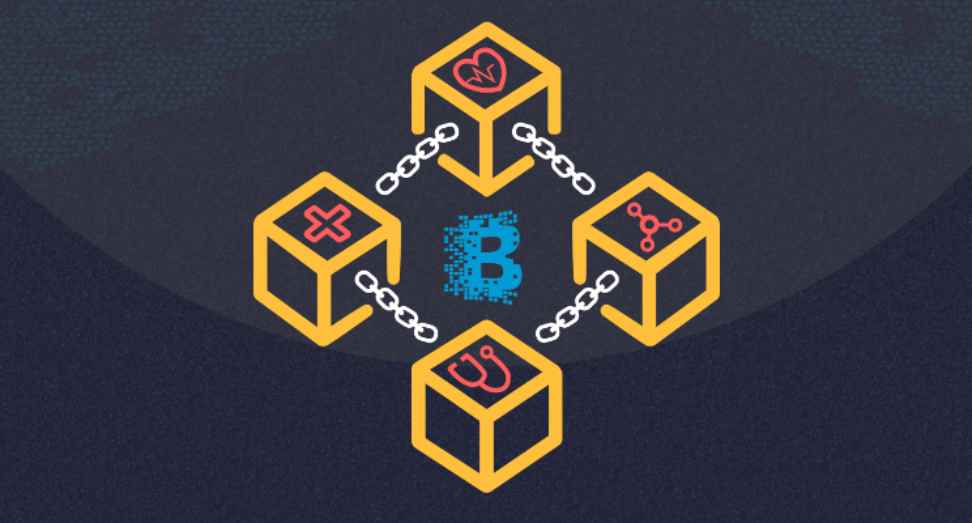Lotus299, Goldenexch, Msdexch: Healthcare data management plays a crucial role in ensuring the efficiency and effectiveness of healthcare services. Through the collection, storage, and analysis of data related to patient records, treatment plans, and medical histories, healthcare organizations aim to provide high-quality care to patients. This process involves the use of electronic health records (EHRs) and other digital systems to streamline operations and improve communication among healthcare providers.
Additionally, healthcare data management enables healthcare professionals to track patient outcomes, monitor trends in diseases, and assess the overall performance of healthcare facilities. By leveraging data analytics and business intelligence tools, stakeholders can make informed decisions, identify areas for improvement, and enhance patient care delivery. Ultimately, effective healthcare data management is essential for advancing patient safety, optimizing resource allocation, and driving continuous quality improvement initiatives within the healthcare industry.
Challenges in Traditional Health Record Systems
Traditional health record systems face several challenges that hinder their efficiency and effectiveness. One major issue is the lack of interoperability between different systems, making it difficult to share patient information seamlessly. This fragmentation can lead to errors in diagnosis and treatment, as healthcare providers may not have access to a patient’s complete medical history.
Another challenge is the security and privacy risks associated with storing health records in centralized databases. These systems are vulnerable to cyber attacks and data breaches, potentially exposing sensitive patient information to unauthorized parties. As a result, maintaining the confidentiality of patient data becomes a significant concern in traditional health record systems.
Benefits of Blockchain Technology in Healthcare
Aldoexch, Aaonline777, Aaonline247: Blockchain technology in healthcare offers enhanced security and privacy by providing a decentralized system that securely stores and shares patient data. This reduces the risk of data breaches and unauthorized access, ensuring that sensitive information remains confidential and protected.
Additionally, blockchain technology improves interoperability by allowing different healthcare providers to access a patient’s complete and up-to-date medical history in real-time. This streamlined access to data can lead to more efficient and accurate diagnosis and treatment plans, ultimately enhancing the overall quality of care provided to patients.
• Blockchain technology ensures enhanced security and privacy by providing a decentralized system for storing patient data.
• Reduces the risk of data breaches and unauthorized access, keeping sensitive information confidential and protected.
• Improves interoperability by allowing healthcare providers to access a patient’s complete medical history in real-time.
• Streamlined access to data can lead to more efficient and accurate diagnosis and treatment plans.
• Enhances the overall quality of care provided to patients.
What is healthcare data management?
Healthcare data management involves the collection, storage, and analysis of patient health information.
What are some challenges in traditional health record systems?
Some challenges in traditional health record systems include data security issues, lack of interoperability, and inefficiencies in data sharing.
How can blockchain technology benefit the healthcare industry?
Blockchain technology can benefit the healthcare industry by providing secure and transparent data storage, improving interoperability between different healthcare systems, and reducing administrative costs.
How does blockchain technology ensure data security in healthcare?
Blockchain technology ensures data security in healthcare by using encryption and decentralized data storage, making it difficult for hackers to access or alter patient information.
Can blockchain technology help in improving patient care?
Yes, blockchain technology can help in improving patient care by providing healthcare providers with access to accurate and up-to-date patient information, leading to better treatment outcomes.
How does blockchain technology facilitate data sharing in healthcare?
Blockchain technology facilitates data sharing in healthcare by allowing multiple parties to access and update patient information in real-time, while ensuring data integrity and privacy.
Is blockchain technology cost-effective for healthcare organizations?
Yes, blockchain technology can be cost-effective for healthcare organizations in the long run, as it reduces administrative costs, minimizes the risk of data breaches, and improves overall efficiency in data management.

